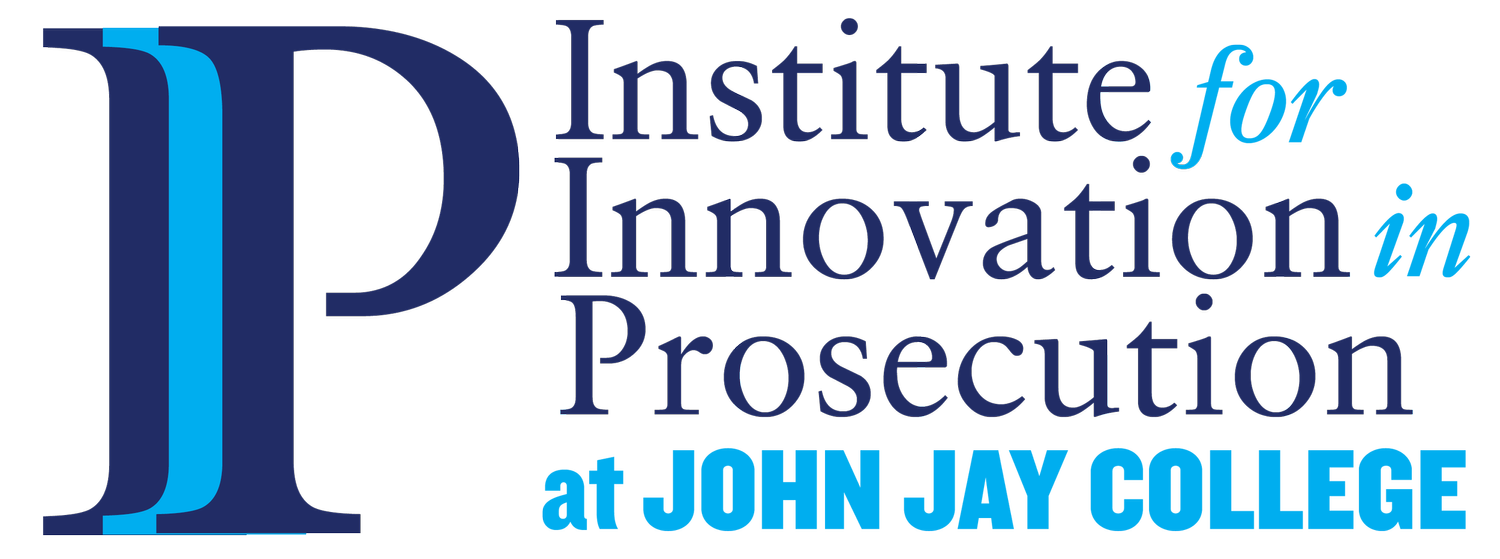PROSECUTION & WAGE THEFT
Wage theft is one of the most commonly committed crimes in the United States and one of the least likely to be prosecuted, costing the most vulnerable low-income wage earners millions of dollars every year. The National Employment Law Project estimated that over 4.6 million workers earning less than $13 per hour in the private sector experienced wage theft in 2019 alone. Immigrants are particularly vulnerable to wage theft. During the Covid-19 pandemic, wage theft took on added importance, as thousands of frontline workers were unlawfully denied their pay. Historically, combatting the pervasiveness of wage theft has fallen to private civil enforcement, which has proven to be an ineffective deterrent.
With this in mind, the Institute for Innovation in Prosecution at John Jay College of Criminal Justice has launched Protecting Workers: Wage Theft Enforcement for the Local Prosecutor. Over a 6 month period, the IIP convened a working group of prosecutors experienced in investigating wage theft, as well as leaders of community-based organizations that have worked closely with wage theft victims. This Guide provides prosecutors with practical steps needed to effectively prosecute wage theft. It also emphasizes the need to decrease incarceration rates by encouraging restitution and other alternatives, when possible, as punishment for those who commit wage theft. We hope that this Guide will inspire other prosecutors to pursue wage theft cases in a way that is not overly punitive and does not further contribute to mass incarceration.
Resources
Anthony Damelio, Note, Making Wage Theft Costly: District Attorneys and Attorneys General Enforcing Wage and Hour Law, 49 FORDHAM URB. L.J. 109 (2021).
H. Esteban Diaz et al., Picking Empty Pockets, UNC IMMIGR./HUMAN RTS. POL’Y CLINIC (2019).
Confronting Wage Theft: Barriers to Claiming Unpaid Wages in San Diego, CTR. FOR POL’Y INITIATIVES (July 2017).
Terri Gerstein, How District Attorneys and State Attorneys General are Fighting Workplace Abuses: An Introduction to Criminal Prosecutions of Wage Theft and Other Employer Crimes Against Workers, ECON. POL’Y INST. (May 2017).
Winning Wage Justice: An Advocate’s Guide to State and City Policies to Fight Wage Theft, NAT’L EMP.L. PROJECT (Jan. 2011).
Final Report, SAN FRANCISCO WAGE THEFT TASK FORCE (2013).
Growing an Equitable Enforcement Practice: A Guide for Local Prosecutors to Fight Corporate Abuse, PUB. RTS. PROJECT (Nov. 2019).
District Attorneys and Other Prosecutors, Harvard Labor and Worklife Program State and Local Enforcement Project.
Rita J. Verga, An Advocate’s Toolkit: Using Criminal “Theft of Service” Laws to Enforce Workers’ Right to be Paid, 8 CUNY L. REV. 238 (2005).
Jenny Montoya Tansey et al., Voices from the Corporate Enforcement Gap: Findings from the First National Survey of People Who Have Experienced Corporate Abuse, PUB. RTS. PROJECT (July 2019).
Working Group Members
Sara Feldman, Interim Deputy Chief of Staff, New Immigrant Community Empowerment
Reese Frederickson, County Attorney, Pine County, MN
Alexander Garcia, Community Organizer
Christina Hanophy, Deputy Bureau Chief, Housing & Worker Protection Bureau, Queens District Attorney’s Office, NY
Bill Jorgenson, Chief of the Housing and Worker Protection Bureau, Queens District Attorney’s Office, NY
Samantha Magnani, Deputy Assistant State’s Attorney, Connecticut Division of Criminal Justice, Hartford, CT
Tony Palacios, Worker & Wage Theft Advocate
Charlie Uruchima, Program Coordinator, New York Committee for Occupational Safety and Health (NYCOSH)
Matthew Van Houten, District Attorney, Tompkins County, NY

